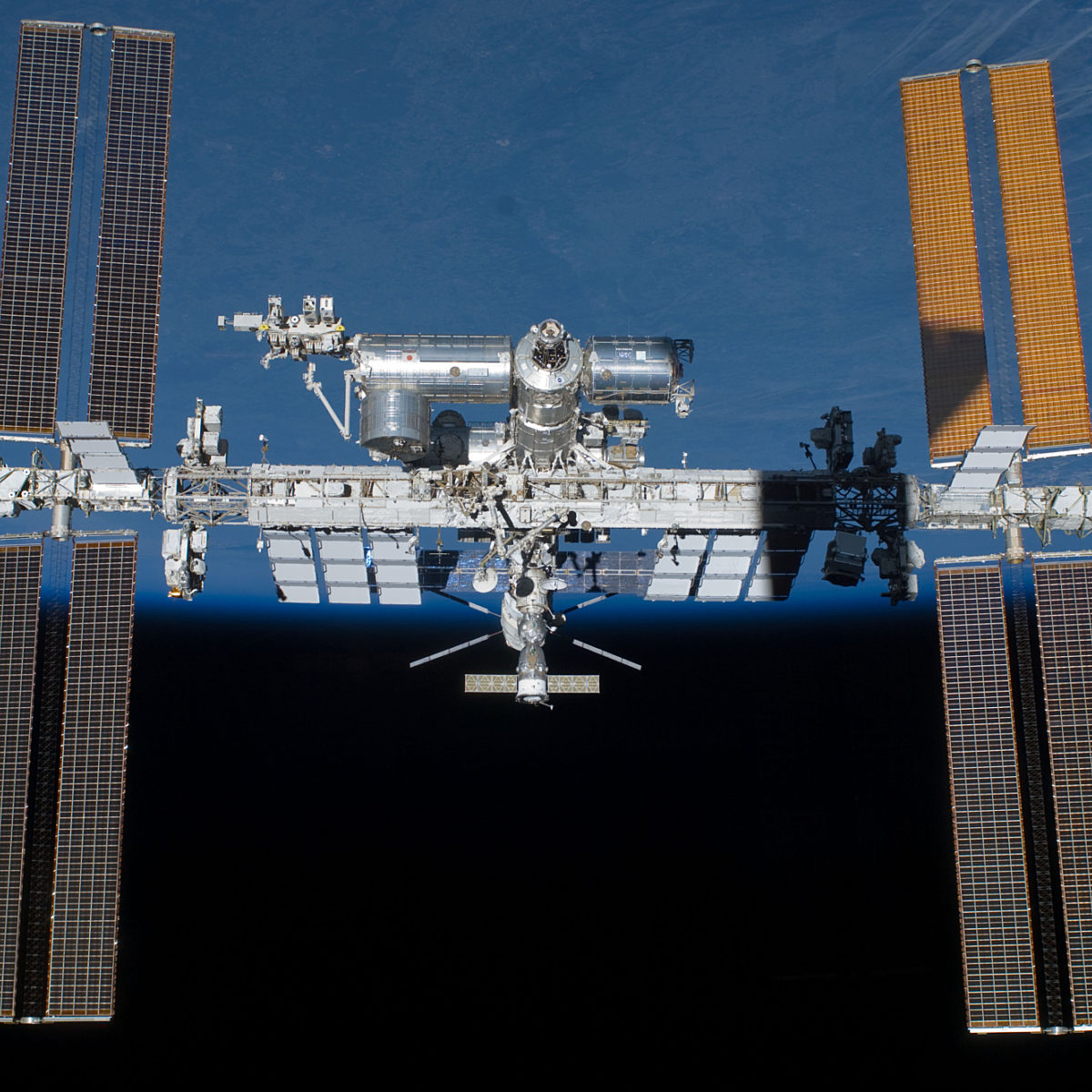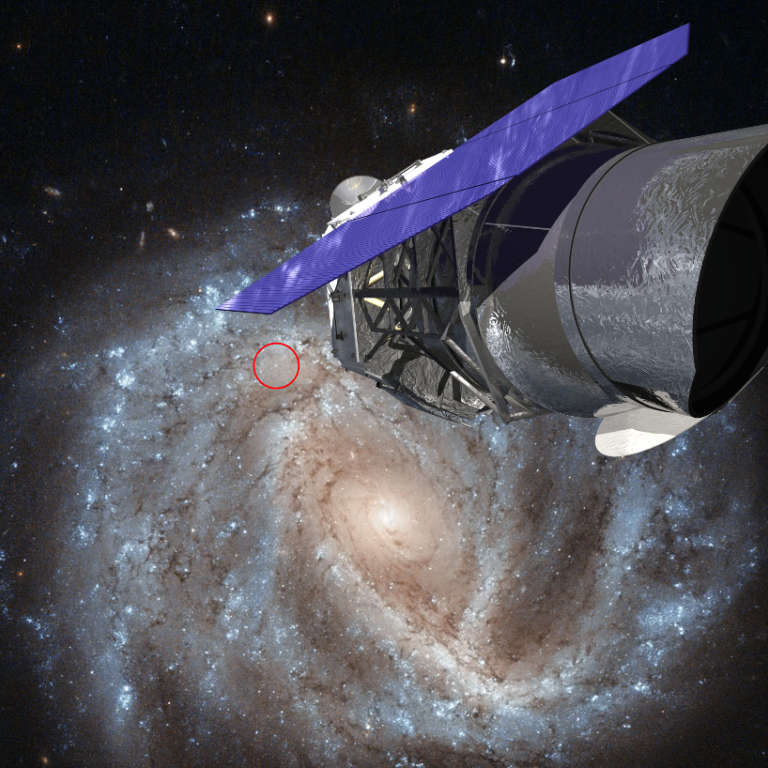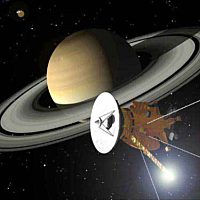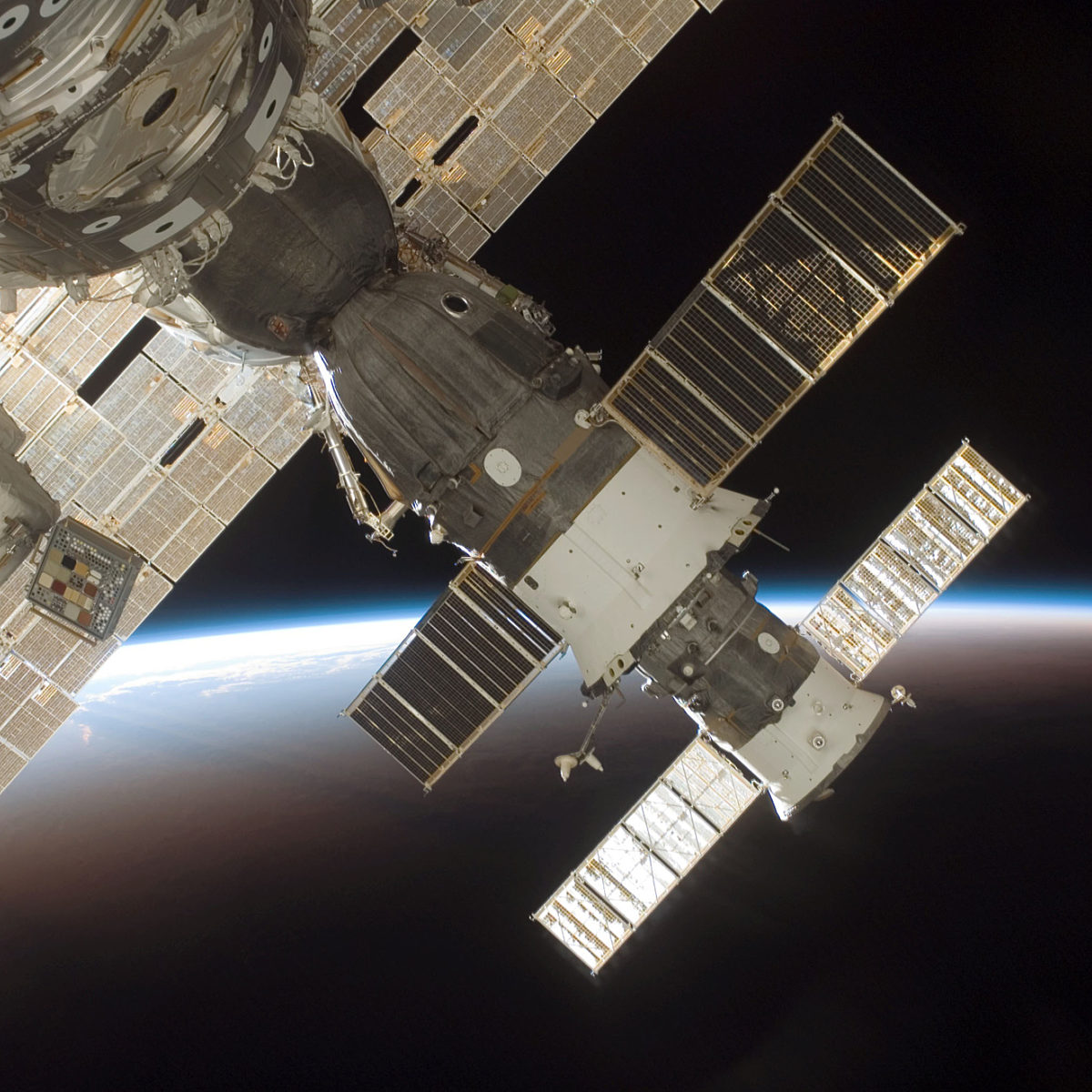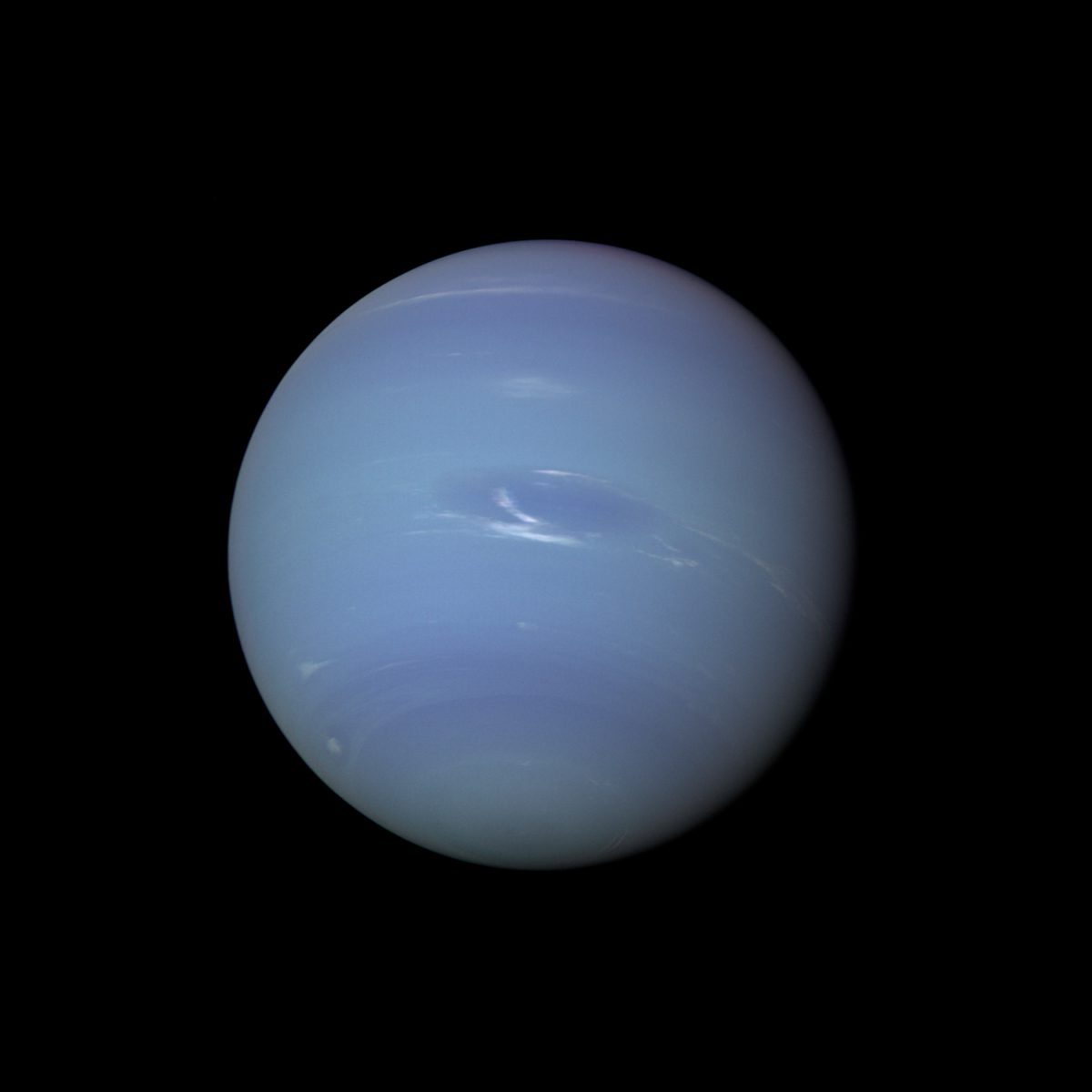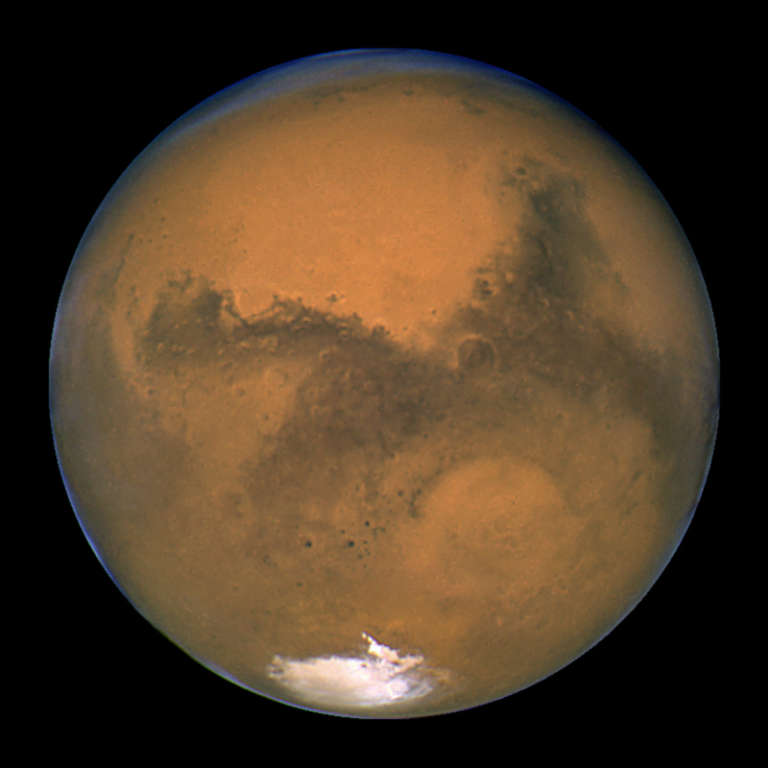Since 2002, Planetary Radio has visited with a scientist, engineer, project manager, advocate, or writer who provides a unique perspective on the quest for knowledge about our Solar System and beyond. The full show archive is available for free.
Search Planetary Radio
Happy 60th, NASA. In celebration of the space agency’s birthday, we do the audio equivalent of pulling out NASA’s baby book and explore its origin story.
We talk with planetary scientist and Lunar and Planetary Institute Director Louise Prockter, who co-led creation of a new report evaluating the performance of NASA's planetary science division.
The Senate just held a hearing on NASA's efforts to send humans to...Mars? A week later, the same committee advanced legislation to extend the life of the International Space Station to 2030, six years beyond the current end-date and two years beyond the current hardware safety ratings.
President Trump recently ordered the creation of Space Force—but what does that mean? What are the implications for militarization of space? National security expert Dr. Brian Weeden joins the show to explain the announcement.
President Trump just signed a new space policy directive targeting the regulations surrounding commercial spaceflight. Casey Dreier, Jason Callahan, and Mat Kaplan dive into the implications of the new directive and what it means for the relationship between government and space. They also break down all of the good news in the House's new funding bill for NASA, and highlight NASA Administrator Jim Bridenstine's turnaround on climate change.
After announcing it intends to divest from the International Space Station in 2025, NASA quietly released a new report on its transition plans, laying out a series of principles that will set the future of U.S. astronauts in low-Earth orbit. Can a private entity really take over the space station? Where did this idea come from anyway?
Lori Garver, former Deputy Administrator of NASA, talks with Casey about what the Deputy and Administrator jobs are like day-to-day, how decisions actually get made at the top, and why the current lack of confirmed leadership hurts the space agency.
Society members from 21 states descended on the U.S. capitol for a
As promised, Casey Dreier and Jason Callahan are back with a special review of the just-released FY 2019 President’s Budget Request (PBR) for NASA. It contains good news, bad news and odd news. What is likely to stand? What will Congress ignore, going its own way? NASA’s new lunar ambitions, Mars Sample Return, WFIRST and more hang in the balance. Let the debate begin.
It’s the space policy guys’ turn to look back at a year that saw great achievements in space. Were they matched by events in Washington DC?
Elon Musk. Jeff Bezos. Richard Branson. These are the names we tend to associate with the current era of private space exploration. But what about John Quincy Adams, James Lick, or Charles Yerkes? Space economist and historian Dr. Alex MacDonald joins us to discuss his book,
The likely next Administrator of NASA, Jim Bridenstine, appeared before a somewhat skeptical Senate committee to defend his nomination. Casey and Jason recap the hearing and assess Congressman Bridenstine’s chance of moving forward.
Fifteen years before Sputnik, on a bright 1942 afternoon in northern Germany, a thundering machine of metal and fire pierced the sky, ultimately touching the edge of space for the first time in history. It opened a new era of opportunity and terror with rocket technology. Dr. Michael Neufeld joins us discuss the significance of this test and how it happened.
The multi-billion dollar, multi-decade Cassini mission is about to end. A new report tries to answer an important question: are flagship science missions like Cassini worth the effort and expense? And how can NASA maximize the value of these endeavours? Dr. Ralph McNutt, co-chair of the National Academies study, reviews the report’s recommendations.
New U.S. sanctions against Russia have reignited speculation that global politics could undermine cooperation in the International Space Station. Could Russia cut off rides for US astronauts to the ISS? Later, Casey Dreier joins Spark Science host Dr. Regina Barber Degraaff for a conversation with U.S. Congressman Rick Larsen, Democratic representative of Washington state’s 2nd District. We also check in on NASA's 2018 budget, which is currently moving through the Senate. Did they provide funding for a new Mars orbiter?
A new report builds the case for long overdue returns to Uranus and Neptune, while another proposal calls for exploration of the many bodies in our solar system that hide vast water oceans. Jason Callahan, Casey Dreier and Mat Kaplan dive into the troubled waters that determine which planetary science missions will get the limited funds available.
The Trump Administration released its proposed FY2018 budget just days ago. Casey Dreier, Jason Callahan and Mat Kaplan dive deep into what this controversial plan means for NASA and how it has been received by Congress.
Moon or Mars? Should NASA depend on private companies? What’s the goal of human spaceflight? These questions were debated three decades ago, yet are just as relevant today. Does that mean space policy is stagnant?
Whether it’s discovering gravity waves, curing cancer or building a space station, the biggest science challenges increasingly require investments that are beyond what private industry can afford and collaborations that include many nations. Casey, Jason and Mat look at the history of big science and the outlook for future efforts. The team also reviews the 2018 budget proposed for NASA by the Trump Administration, and shares other space policy news from Washington.
It’s still too early to say where the Trump Administration will take NASA, but there are a few hints. Congress is not waiting. Casey, Jason and Mat review a draft of the space agency’s authorization bill and a separate act that asks NASA to lay out its plans for humans to reach Mars.


 Explore Worlds
Explore Worlds Find Life
Find Life Defend Earth
Defend Earth






